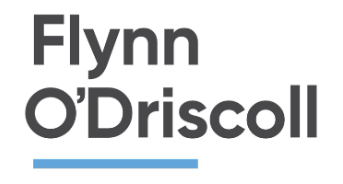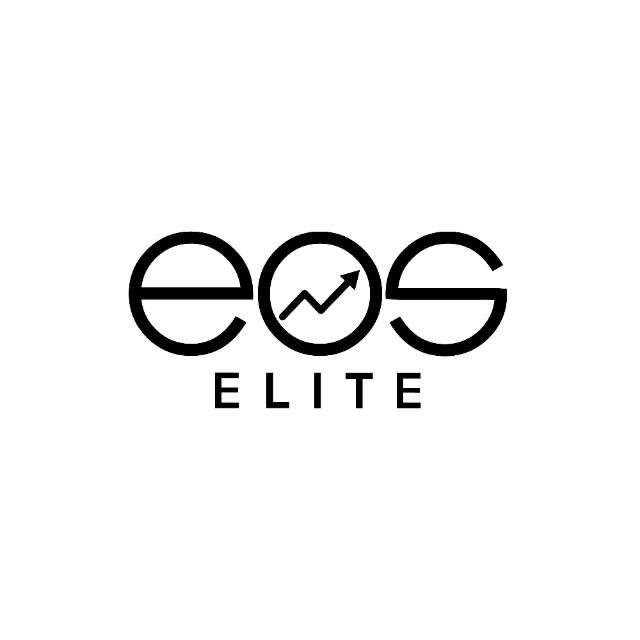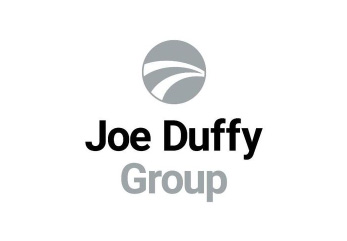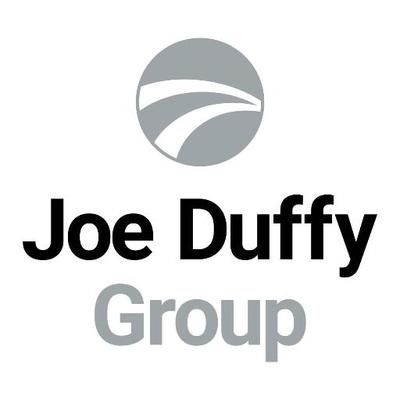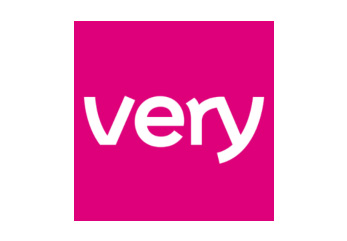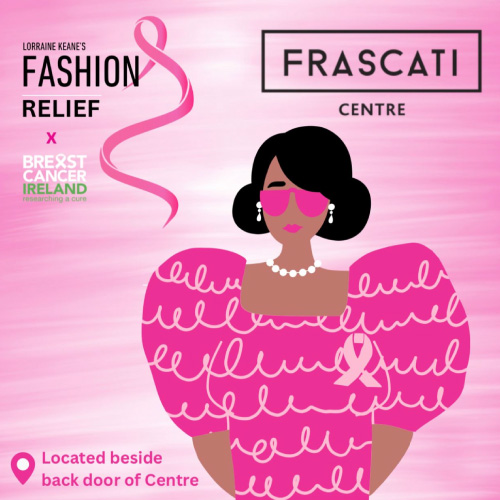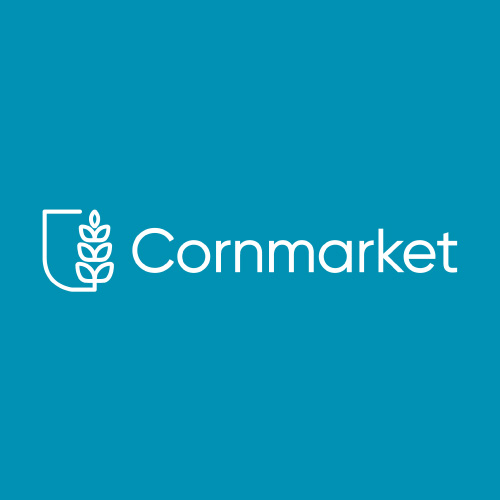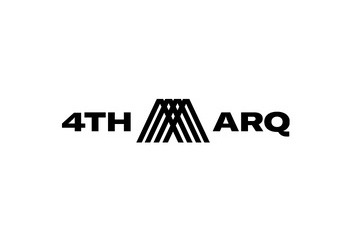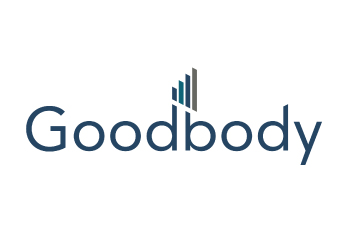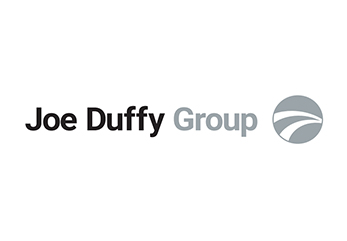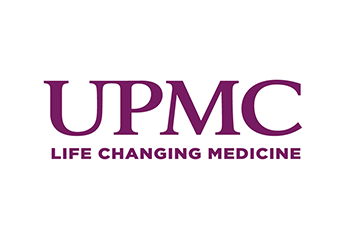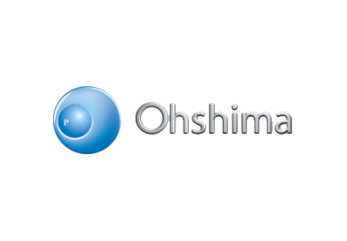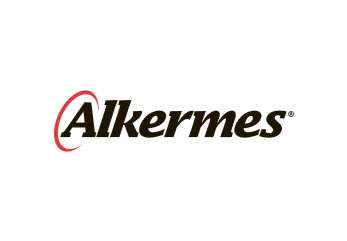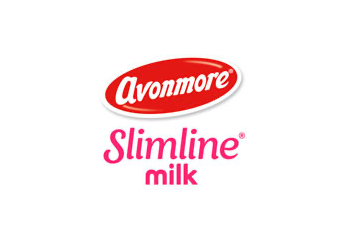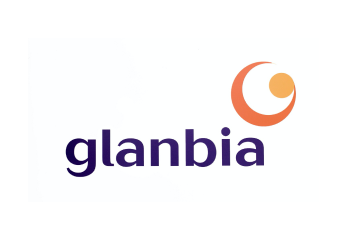Samantha McLaren bravely shares her breast cancer diagnosis journey during COVID-19 lockdown
Cancer is a life-changing diagnosis at any time, but in the middle of Covid-induced lockdown, something already bad can become significantly harder. So it was for Samantha McLaren, a 34-year-old mother-of-three, who was diagnosed with breast cancer – stage 3 ductal carcinoma – in May of this year.
“I first went to my GP in August 2019, with a lump under my arm,” says Samantha. “She checked it and said it could have been an ingrown hair, from shaving, because it didn’t seem to be attached to anything, it was quite mobile. After she said that, I put it to the back of my mind, then and almost forgot about it. But in early February I was chatting to my sister and I said I’ve noticed that the lump under my arm has got a bit bigger. I told her I was a little bit worried about it, that I didn’t feel right in myself. So go straight back to the GP, she said. I went the following day and the GP referred me to Beaumont.”
By the time the referral appointment came through some weeks later, the world had changed, and Ireland was in full lockdown. Samantha’s partner, who is with the Irish Defence Forces, was in the Lebanon, and she was home alone with the couple’s three children, Ben (12), Sebastian (5) and Daisy (2).
“We were just trying to follow the restrictions. Sean was away, in the Lebanon. I’ve got a very supportive family, but then travel restrictions came in and they couldn’t come down to us. Also I was quite anxious about anyone coming to my home. I was alone with three children, I couldn’t risk myself getting sick. So we literally stayed in. I tried to home school the two boys, we did arts and crafts, like every other family. And all the while, I was just waiting to see Professor Hill in Beaumont, hoping he’d tell me everything was grand, and we could just continue with our lives.”
The day of her appointment, Samantha travelled on her own to Beaumont, in line with restrictions. She saw Professor Hill, and was sent for an ultrasound, mammogram and biopsy. When the results came through, she went back to the hospital.
“I brought my mam with me for that, but no one could come with me into the hospital, so she waited out in the car,” says Samantha. “I went in and I was waiting. Sean was contacting me, asking ‘is there any news, any update?’ I was getting texts from my sisters, my brother in Australia, my mam out in the car. Eventually I was called and when I opened the door, I saw three people – Professor Hill and two others, a surgeon and a breast cancer nurse. At that moment I knew. If there was a team of people there to speak to me, it wasn’t to tell me everything was fine. Professor Hill said ‘the tumour is cancerous’, and they were speaking but I couldn’t hear them. When they said the word ‘cancer,’ all I could see in my head was my children. You’re trying not to but you’re thinking of worst-case scenarios: ‘What’s going to happen? Has it spread?’ You go from one to 100 in an instant.”
She rang Sean – “I went into a kind of janitor’s cupboard and rang him. I remember I called him and said ‘I have breast cancer.’ All I wanted was a hug. And he was so far away. It was just awful. He said ‘I’ll do anything I can, I’ll get home to you’. Then I rang my mam.”
“They were amazing,” says Samantha. “They spoke to me about everything, told me the plan.” The first thing was to locate the primary source of the cancer, as the tumour under Samantha’s arm was a secondary. There were blood tests, MRIs, bone scans – “scans I’d never even heard of,” Samantha says – and discovered that the cancer had started behind the nipple in her left breast. “Once that was found, I was booked in for surgery.”
That first day, Samantha went home to her children, who her sister was minding. “My dad offered to drive me and I said ‘no, I can do this.’ I knew I didn’t want my children to know anything yet. I didn’t know enough and didn’t want to tell them anything until I knew what was going to happen. I got home and the three kids came to the door to give me a hug, and that was the moment that I said ‘right, this is it. This is what I have to do now. I have to do everything that’s asked of me, and I have to get through this’. And I composed myself. A switch went, I said, ‘I have to do this for the kids,’ and that’s what I’ve done. That’s my motivation. Sean managed to get home three days later.
First in Samantha’s plan was surgery – “a lumpectomy in left breast, removal of the tumour under my right arm, and lymph node axillary clearance. It was done and I was out of hospital the following day, thank God, because with Covid I was so anxious being in hospital. I just wanted to get out.”
Also because of Covid-19, she couldn’t be accompanied into the hospital. “It just made everything worse,” she says. “No one could come with me. I was so anxious. Going to sleep before the surgery with no one around me, no family; waking up seeing no one I knew. I remember before I went in asking could they please ring Sean when I came out to let them know everything had gone OK…”
After the surgery, Samantha was diagnosed with stage 3 ductal carcinoma. “That was scary,” she says. “You tend to google everything – which is the worst thing to do. I was googling outcomes, survival rates, things you shouldn’t be doing, but you want to know. My doctors said ‘please don’t, all you’re going to do is upset yourself’. So I decided that I’m only going to listen to the professionals, and do everything they ask of me.”
She had four rounds of AC chemotherapy – “my body struggled a lot with that. It was extremely tough. Prior to this I would have been quite a healthy person. I liked to run, I have a good diet, so it really floored me. It took my body around five days each time to come back to itself. I felt such exhaustion – I was constantly tired, with extremely low energy, nausea.”
She also lost her hair almost immediately. “My hair fell out dramatically,” she says. “I found that extremely traumatic. It was nearly on a par with the diagnosis. Before that, I could walk down the street and nobody knew I had breast cancer; the minute I lost my hair, it was obvious I was sick. Trying to explain to the children was hard. I said to my five-year-old that my hair was really annoying me, that I wanted hair like his because I was sick of wearing bobbins. The eldest knew more about what was happening – we had told him that I was going to do treatment, that I’d lose my hair, but it’s hard to explain to the younger ones. Sean shaved my hair because I couldn’t go to a salon, I couldn’t pick out a wig, because of lockdown. That was tough, but we did it together. We were both crying, it was so emotional. I remember going into my baby, she was in her cot in her bedroom. The boys knew I was doing it, they could prepare themselves, but there was no way to explain to her. I remember I had the sickest feeling in my stomach. I panicked in case I was going to frighten her – what if I scare her? I walked into her bedroom, I leant down beside her cot, and she just patted my head and smiled. Sean took the most beautiful photo, it was just amazing. You realise – I’m their mammy and that’s what they see – hair, no hair; eyebrows, no eyebrows, it doesn’t matter – I’m just Mammy.”
After the AC chemotherapy, Samantha did four rounds of Taxol chemotherapy, with another eight to go, followed by 15/20 rounds of radiation which she started, after two weeks rest, last November. “The Taxol chemo is a lot easier compared with the AC. So far I’m tired but no nausea.”
At the moment, Samantha gets up every day and does her best to carry on as normal, for the sake of her children. “There are days when its impossible to be positive, when I get upset and I cry. When that happens, I say to the children ‘I’m just a little bit tired’. My heart breaks because I think they are so young to have to experience their mammy going through this. I feel really guilty for that, and I know there’s nothing I could have done – it’s just one of those things, it just happened, but they’re so young. I don’t want them to be worrying about me.”
Source: Emily Hourican, The Irish Independent, October 5th 2020
